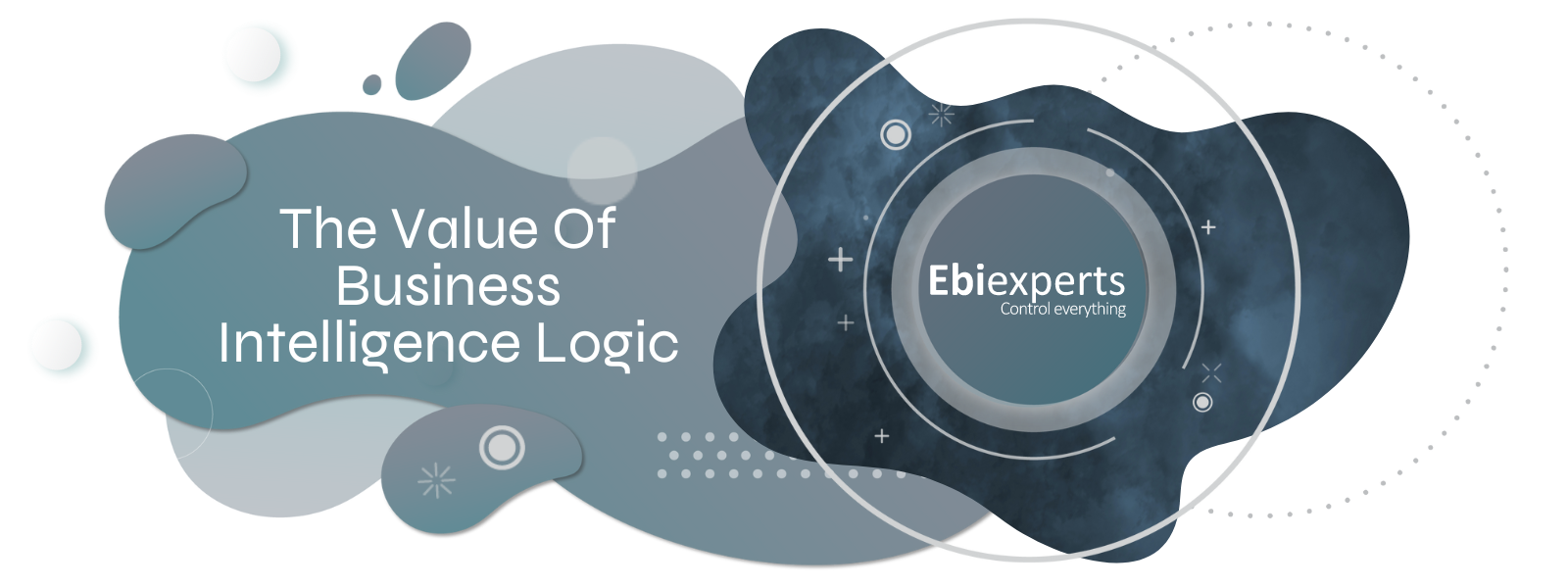What is the value of Qlik & SAPBO Version Control for Business Intelligence Logic?
Implementation of successful BI solutions depend on specific organizational logic, process and decision frameworks. Data is static in its raw format, it’s logic that transforms data into insights. Ebiexperts provide controls to manage your logic which is your competitive advantage. Protect it!
Ebiexperts Products Protect your logic whilst providing you with all the compliance audit information.
Business Intelligence (BI) application/report metadata specifically refers to the data that provides information about BI reports and applications. This metadata may include details about report structure, definitions, formulas, author, creation date, filters, parameters, visualizations, and more.
Metadata Promotes Logic:
Metadata helps users understand the context and purpose of a particular report. It can provide information about what the report is designed to analyze, what formulas are used, and what the different sections mean.
Report metadata ensures that terms, metrics, and KPIs are consistently defined across reports. This consistency is crucial for comparing and aggregating data from different reports.
When users have access to metadata that explains the report in detail, it instills confidence in the report’s accuracy and relevance, which is essential for informed decision-making.
Understanding metadata such as filters and parameters allows users to customize reports according to their needs. This enhances the utility of the BI application by making it adaptable to various scenarios.
When issues arise with a report, metadata is invaluable for troubleshooting. Knowing what data sources are used, what transformations are applied, and how calculations are performed can help quickly identify and resolve issues.
When teams and departments understand the structure and definitions used in a report, it enhances collaboration. Metadata ensures that everyone is “speaking the same language” regarding the report.
Metadata & change comparisons such as creation date, last modification date, and author information can help in managing different versions of a report. This is particularly important in a collaborative environment to ensure that users are working with the most recent and relevant version.
In some cases, compliance regulations require documentation of reports and analysis processes. Metadata provides the necessary audit documentation to fulfill these requirements.
Metadata can contain information on user permissions and data sensitivity. This allows for the implementation of security measures, ensuring that only authorized users have access to certain reports or data within reports.
Quality controls are essential for any version control system to ensure the applications and reports are optimized and necessary procedures are adhered too.
Metadata about query performance, data volume, and resource usage can help in optimizing the report for faster loading and processing times. This is especially valuable for large datasets and complex analyses.
Metadata provides an audit trail of who created or modified a report and when. This can be essential for accountability and traceability, especially in environments where data integrity and reliability are paramount.
For new employees or users, metadata can serve as a guide, helping them understand and familiarize themselves with the reports and BI applications more efficiently.
In essence, BI application/report metadata plays a pivotal role in enhancing the understanding, usability, reliability, and efficiency of reports and applications, thereby empowering organizations to derive the maximum value from their BI initiatives.

